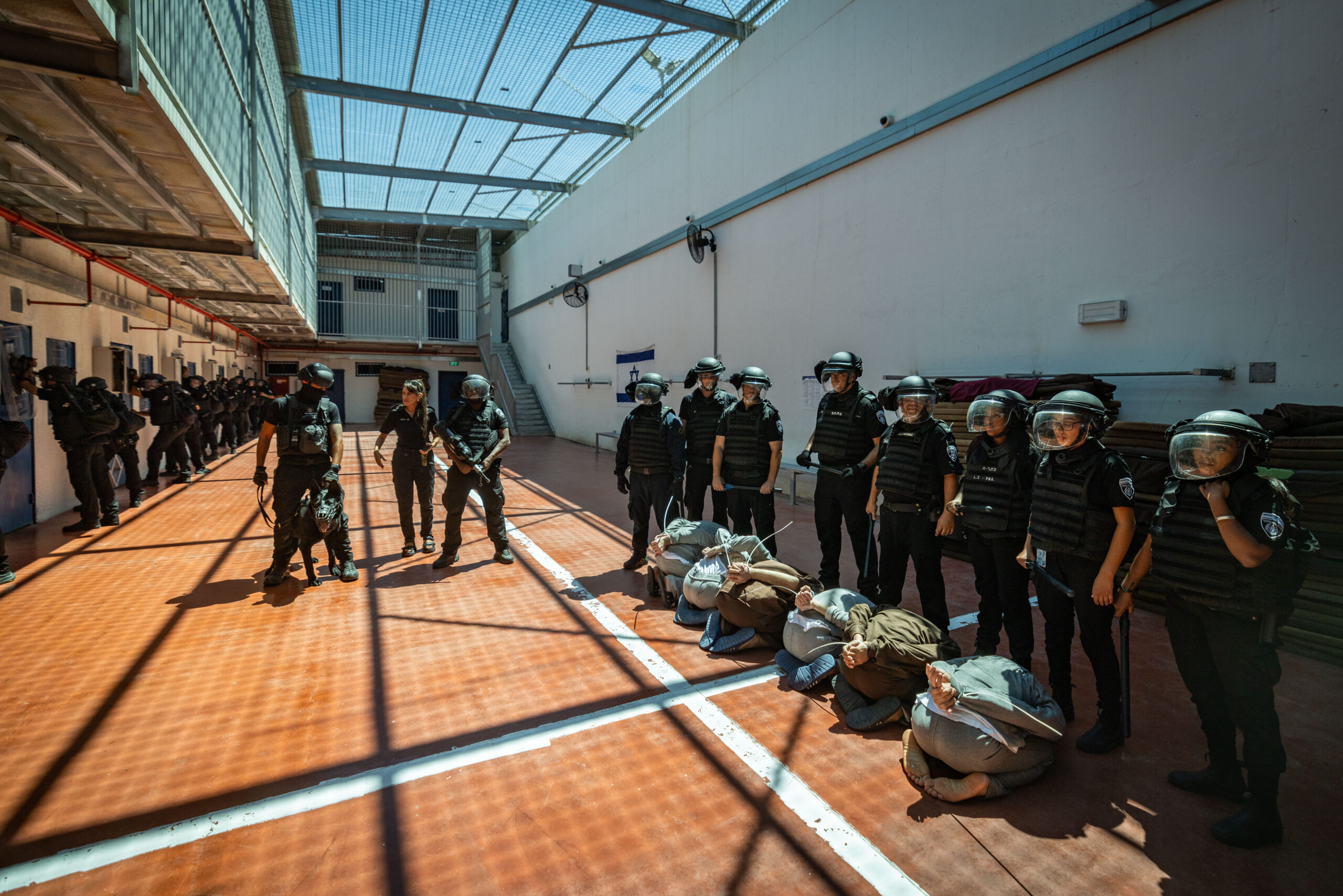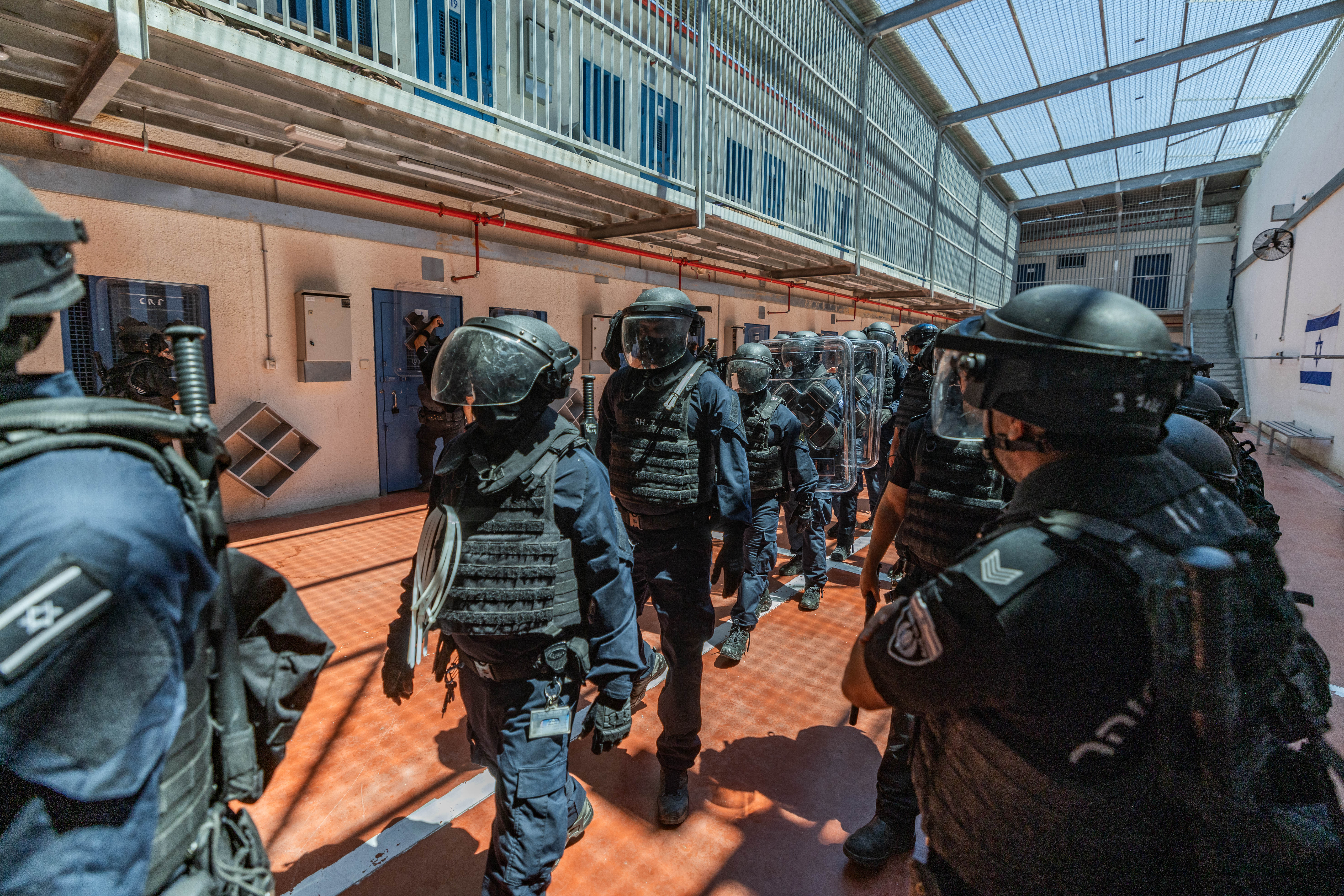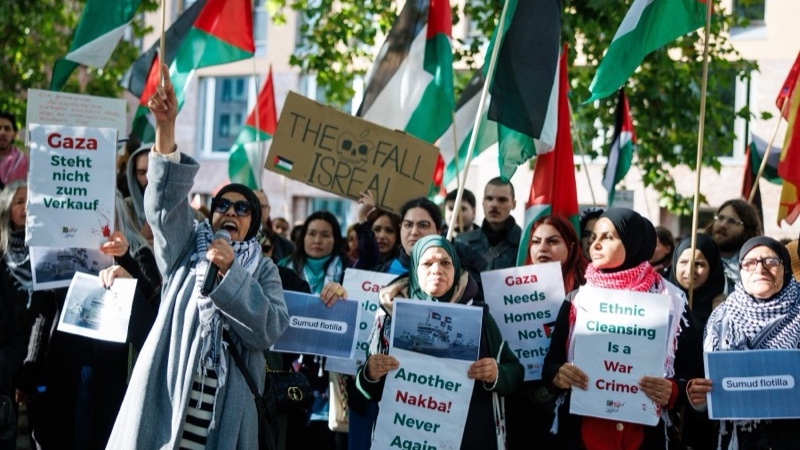Ofer prison near Ramallah is one of Israel’s most sensitive sites — hundreds of members of Hamas, Hezbollah and Islamic Jihad are held there. In a detailed interview with Arutz 7, the commander, Lt.-Col. Vadim Goldstein, describes how strict rules, technical monitoring and psychological deterrence ensure security both inside and outside the walls.
Minimum Conditions and Clear Boundaries
“Our goal is deterrence. We want to prevent them from building the same structure behind bars as they have outside,” Goldstein told Arutz 7. Some 2,700 prisoners are currently held at Ofer, including perpetrators of the Hamas massacre of October 7. The staff maintain direct contact with senior members of militant organizations.
Goldstein describes daily life as a constant balancing act between control and avoidance of escalation. “It can’t be like before anymore — they get only the absolute minimum.” He was referring to the new line of the Ministry of Public Security, which grants inmates only minimal conditions.
On multiple occasions weapons and improvised knives have been found in cells. “They create weapons from everyday items — shower heads, plastic mirrors, even spoons are sharpened,” Goldstein said. Security forces regularly search the cells, also to prevent the emergence of new power structures among the prisoners.
There was particular tension during the release of Israeli hostages as part of the ceasefire with Hamas. “We knew they would try to exploit that — perhaps with attacks or provocations,” Goldstein said. To prevent this, the entire prison was put on highest alert during the days of the exchange.
Deterrence as Part of the National Security Strategy
The Arutz 7 article quotes Goldstein as saying: “Deterrence works.” This attitude lies at the heart of Israeli security philosophy. Ofer prison is meant not only to punish but also to signal that terrorist activity inevitably leads to a controlled, humiliating daily existence.

One of the decisions that brought about a substantial change in the recent war was the decision by the Minister of National Security, Itamar Ben-Gvir, to end the good conditions terrorists had enjoyed in prison for years. “Previously they had luxurious conditions. There were canteens, laundries, storage rooms and a selection of foods that even ordinary citizens did not have. Now we have full control and they receive only the minimum required under international law. We thwart every attempt to build leadership structures here. We identify such attempts. Our response is immediate and deterrent, to disperse them so that no hidden leadership structures can form,” Goldstein said.
“There is significant deterrence. I know that terrorists do not want to go to prison because conditions are not what they used to be. Many terrorists do not return to prison because of this deterrent effect,” he emphasizes.
The driving force for him and his subordinates is the desire to successfully carry out the mission entrusted to them. “One is aware that one holds a very sensitive role with great responsibility for leading a large unit with many personnel and must be ready for action at any time. There is no day and no hour in which one does not think about the prison and the operations. You must always think ahead so that the terrorists cannot surprise you. That is the key to success,” he concludes.












Israel could treat her enemies like her enemies treat Israeli prisoners, but she doesn’t. That shows the world who the true animals really are, alas, the world, because they haven’t been treated by Israels enemies, yet, the world chooses to support the animals.